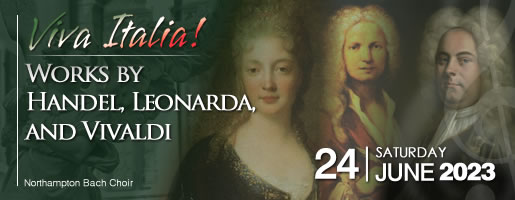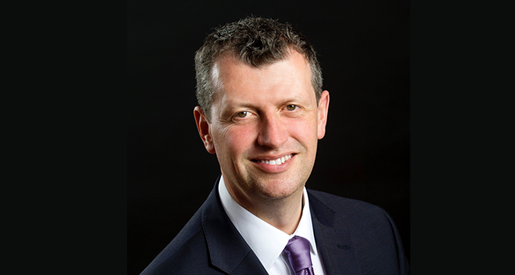|
|
|
 |
|
||||||||||||||||||||||||||||||||||
|
Over this 2022/23 season the choir are exploring the theme #ExpandingTheCanon,
placing established masterworks from the repertoire alongside
unjustly neglected works by women composers. In the Autumn term the
music is from the classical period (Martines and Mozart) and in this
Spring term the music is from the Romantic period (Bruch and Smyth).
This term we feature music composed in the Italy in the late 1600s
and early 1700s, from the pen of Handel (working in Rome), Leonarda
(working near Milan), and Vivaldi (working in Venice). Given the popularity of his works, not least The Four Seasons, it is astonishing to think that there are no recorded performances of Antonio Vivaldi’s music between his death in 1741 and 1926, when a number of volumes of his music were discovered. Indeed, the Gloria had to wait until 1939 for a modern performance. It was in all likelihood written for the Ospedale della Pietà in Venice, where Vivaldi was employed as substitute mæstro di coro on a number of occasions. Lasting around half-an-hour it has a satisfyingly balanced and cyclical progression of keys, moods, and scorings, with solos for two sopranos and alto. The audacious music which begins the work returns just before the final fugue, which – shockingly by modern standards – is in fact by Giovanni Maria Ruggieri, with only very minor changes made by Vivaldi! Isabella Leonarda was one of many remarkable musicians working in Convents in and around Milan in the late 1600s. The first work of hers on the programme is an instrumental work, the Sonata Duodecima from her set of sonatas published in 1693. The first eleven sonatas are for two violins and continuo, but this twelfth is for just solo violin and continuo, and it is believed to be the first violin sonata composed by a woman. It is her most harmonically adventurous work, including two remarkable recitative-like sections. Her Magnificat, first published in 1698, is scored for chorus, two violins, and continuo, is - like so many of her works - dedicated to the Virgin Mary. It is vivacious and solemn in turns, and over its relatively short ten-minute span encompassed many varied and delightful moods. Georg Frederic Handel’s Dixit Dominus was composed just one year after his arrival in Italy, whilst he was in Rome. It lasts around 40 minutes and is divided into nine movements, and scored for five-part chorus, soloists, and orchestra. It conveys the power of the assured, martial texts, with only small moments of respite. It is a brilliant and virtuoso setting which seeks to outdo the Italians at their own art – and largely succeeds! There is no wonder that Mozart wrote that Handel “… understands effect better than any of us - when he chooses, he strikes like a thunderbolt”.  We are delighted to welcome guest conductor Simon Toyne for this performance. Simon is Executive Director of Music of the David Ross Education Trust, and a Director of the Rodolfus Foundation, and has worked with us in rehearsal and workshop before. We have also been delighted on a number of occasions to work alongside his wonderful Chapel Choir at the Malcolm Arnold Academy, most memorably in a performance of Mahler’s Symphony No. 2 “Resurrection”. Programme:Gloria (ca.1715) - Antonio Vivaldi |
|||||||||||||||||||||||||||||||||||